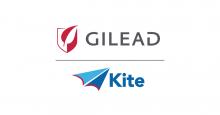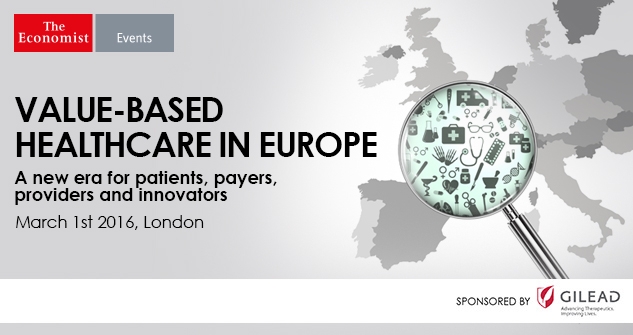Key findings
- In France, the level of improvement is a key determinant rather than price in deciding how innovation is valued.
- Patient access to new drugs is highly valued and influential in how the French healthcare system is organised.
- A lack of transparency in the way in which final prices for new drugs are negotiated curbs progress of value-based healthcare in France.
- A lack of consistency in healthcare providers’ observance of official prescribing guidelines are also making it more complicated to assess the extent to which French health authorities are getting real value for money.
- Economic evaluation has been part of the reimbursement and pricing process for the most innovative medicines since 2013. However, cost-effectiveness criteria are not yet a key consideration in the process.
- French citizens' insurance contributions create high expectations in the delivery of cutting-edge treatments.
Further reading:
- An introduction to value-based healthcare in Europe
- Value-based Health Assessment in Italy: A decentralised model
- Value-based healthcare in Germany: From free price-setting to a regulated market
- Value-based healthcare in Spain: Regional experimentation in a shared governance setting
- Value-based healthcare in Portugal: Necessity is the mother of invention
- Value-based healthcare in the UK: A system of trial and error
- Value-based healthcare in Europe: Laying the foundation








